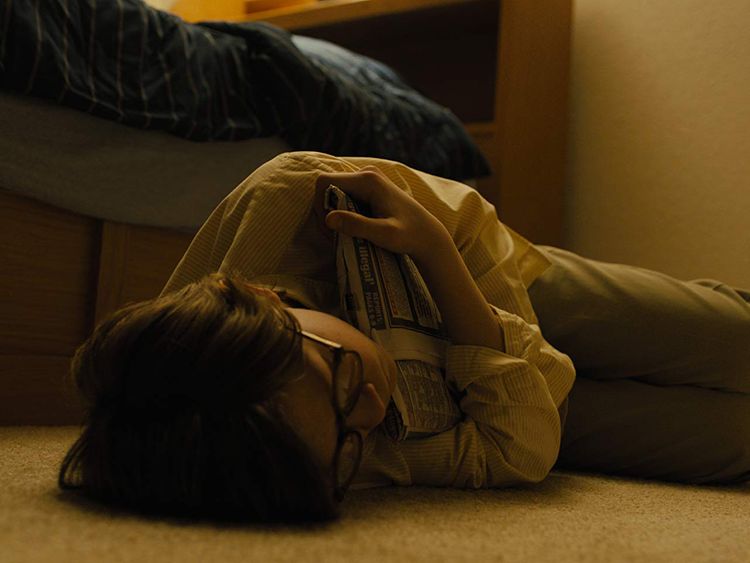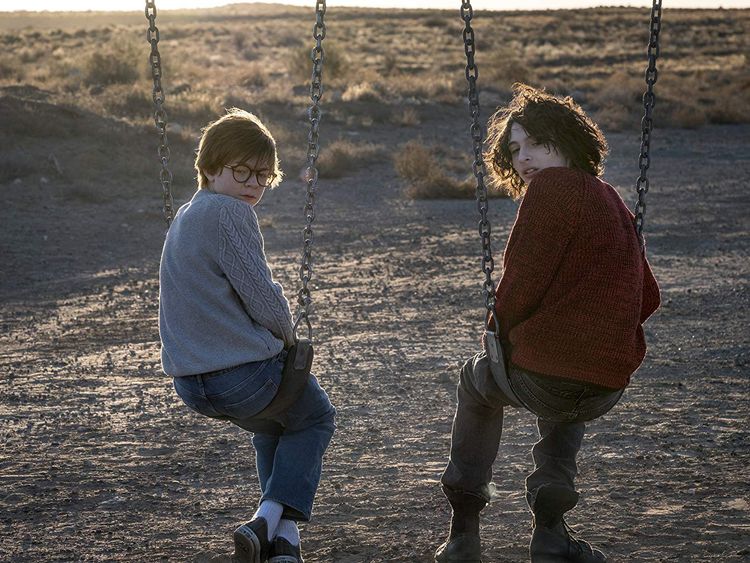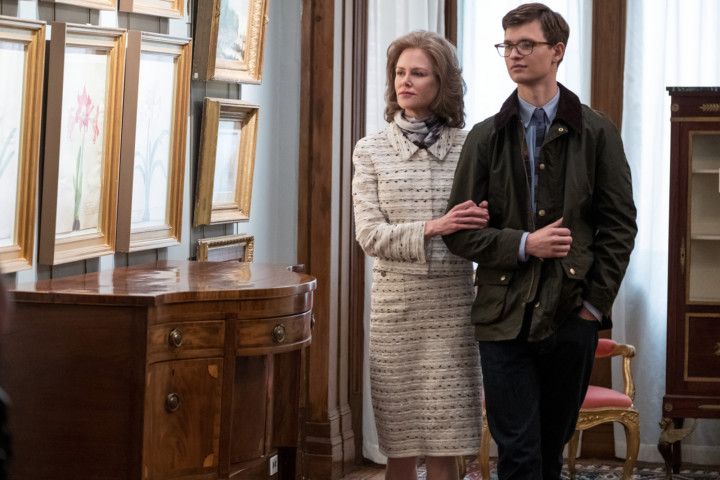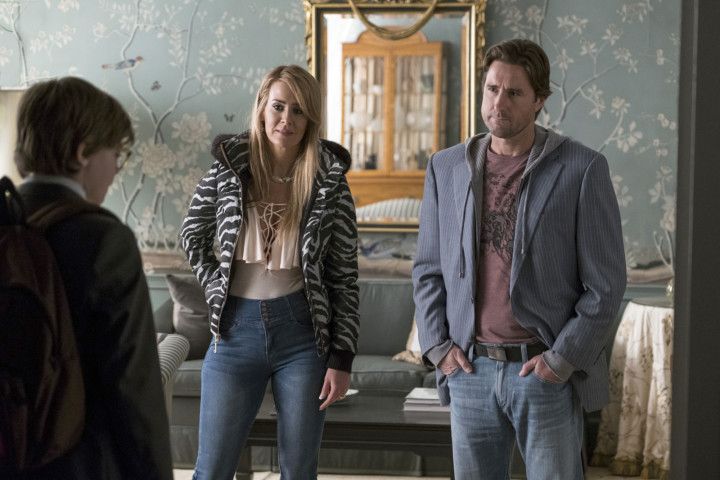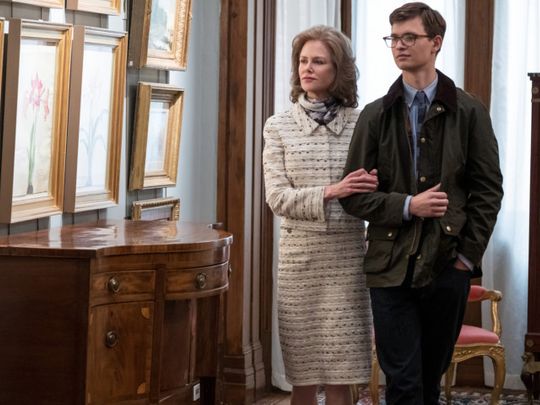
A circumspect, funereal pall hangs over ‘The Goldfinch’, John Crowley’s careful but lifeless adaptation of Donna Tartt’s Pulitzer Prize-winning novel.
As attractively put-together and well-mannered as the WASP aristocracy that forms the core of this sprawling story, Crowley’s earnest but ultimately hapless attempt to bring literature to the screen proves why these transmutations so often fall flat: What draws readers in on the page, what captivates their imaginations and haunts their dreams, can’t be reduced to putting characters through the paces of a plot, however cleverly constructed.
And be forewarned: There’s a lot of plot in ‘The Goldfinch’, which stars Ansel Elgort as Theo Decker, a young man struggling with the trauma of having survived a bombing at the Metropolitan Museum of Art when he was 13, a crime that left his mother dead and Theo with a crippling case of emotional loss and survivor’s guilt.
As the film opens, Theo is in Amsterdam, ready to end his suffering in the most permanent way possible. What ensues is a retelling of how he got here: a mournful picaresque involving a wealthy adoptive family in New York; a stint in the dun-coloured outer reaches of recession-era Las Vegas; an adolescent infatuation with a red-haired girl who was also affected by the bombing and the titular small painting that disappeared in the carnage.
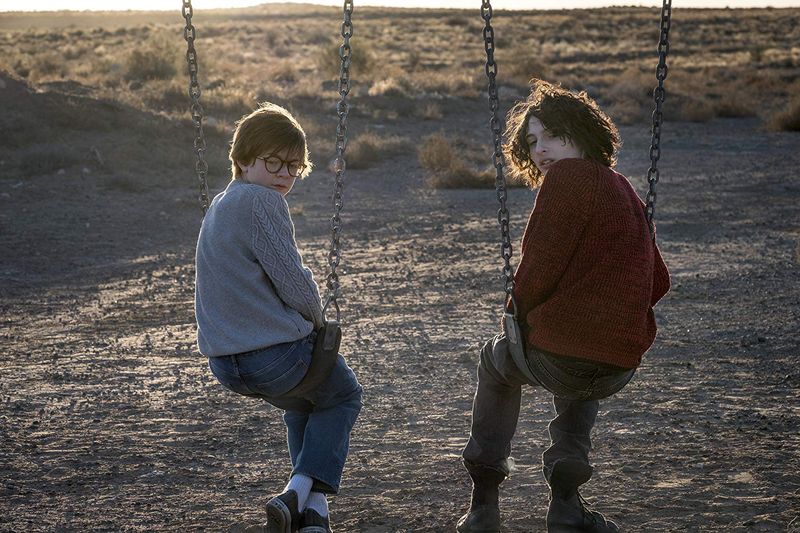
Just how the painting figures into Theo’s psychic pain forms the central mystery of ‘The Goldfinch’, which should play like a psychological thriller but keeps getting bogged down in ructions, convolutions, digressions and tiresomely talky episodes, wherein Theo shares his good taste and love of antiques with the slightly glazed Upper East Side doyenne who becomes his foster mother (played with prim remoteness by Nicole Kidman) and a dealer named James Hobart (Jeffrey Wright); endures a nightmarish stint with his deadbeat dad and similarly no-count quasi-stepmother (Luke Wilson and Sarah Paulson); and embarks on various drug trips with a colourful Ukrainian expat named Boris (played by Finn Wolfhard as a child and Aneurin Barnard as an adult).
During Theo’s teen years, when he’s portrayed by Oakes Fegley, ‘The Goldfinch’ resembles such similarly themed dramas as ‘Extremely Loud and Incredibly Close’ and ‘Wonderstruck’, a comparison that doesn’t work in its favour. By the time he gets to be an adult, what the audience is presumably meant to sympathise with, as Theo’s heightened sensitivities and psychic wounds, instead looks like a gigantic, woozy wallow in epic self-pity.
That might sound harsh, but an unmistakable air of unexamined privilege wafts through ‘The Goldfinch’ like so much Chanel No 5, a mood that isn’t helped by the fact that the characters have names like Kitsey, Platt and Welty. Handsomely designed by KK Barrett, the film takes place in the kind of milieu that Whit Stillman made a career both celebrating and skewering. Absent his observant wit, however, ‘The Goldfinch’ plays like a maudlin, upper-crusty melodrama that only becomes more convoluted and self-serving as it slowly makes its way to a schematic and morally dubious finale.
At nearly two-and-a-half hours, ‘The Goldfinch’ asks a lot of its viewers, and gives precious little back in return. Overstuffed, overlong and utterly uninvolving, this is a movie that feels as morbidly trapped as the poor little bird of its title. Rather than spread its wings and fly free, it stays frustratingly, eternally inert.
___
Out now!
The Goldfinch releases in the UAE on September 12.



